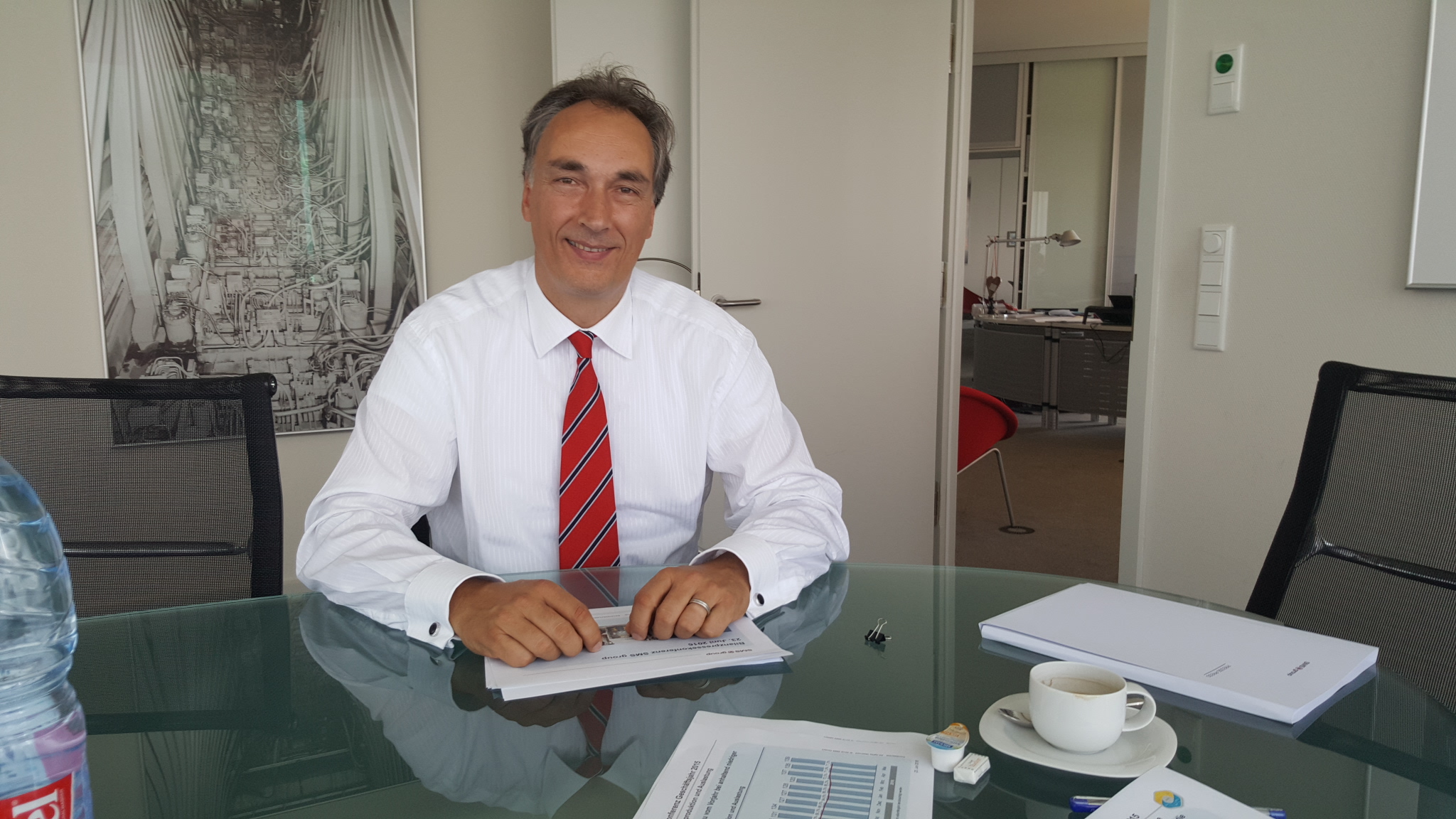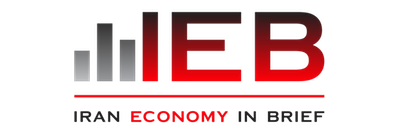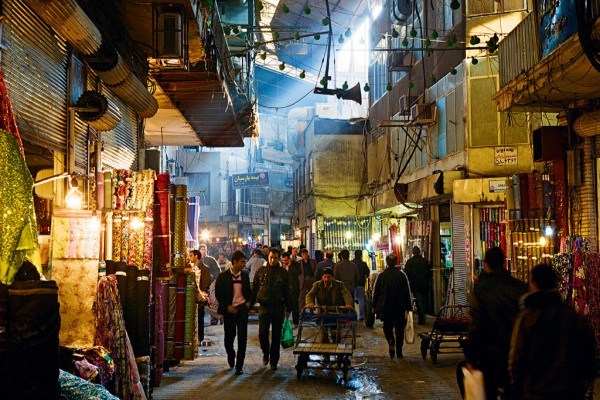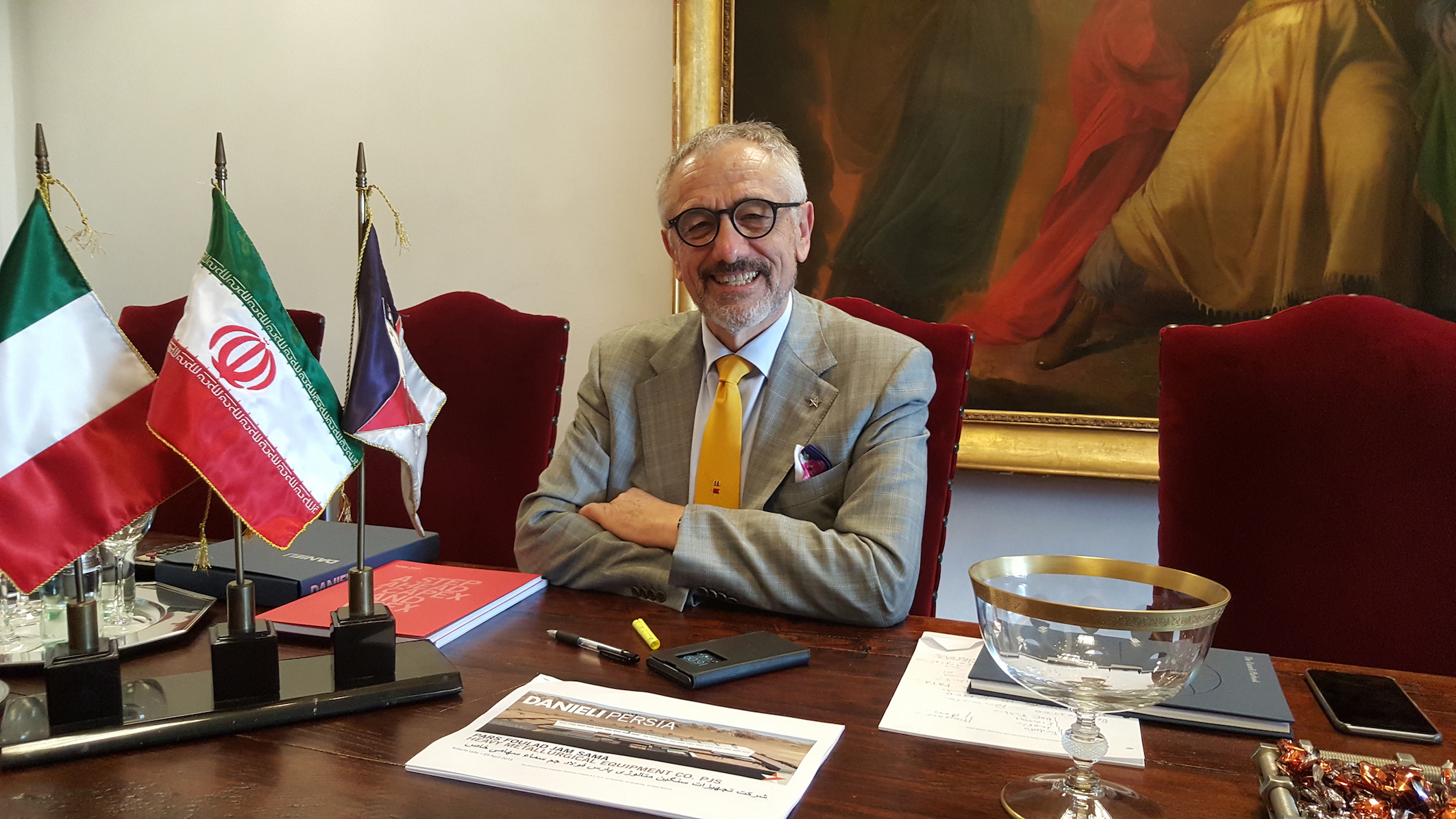
SMS Group, a German leading company in steel industry, has the experience of working in Iran for decades. Although, the sanctions caused their businesses to become limited over the last years, but as soon as the nuclear deal was made, top managers of SMS Group visited Iran to resume their activities.
At the headquarter of the company in Düsseldorf, I met Mr. Burkhard Dahmen, CEO of SMS Group, to talk about his experiences about doing business in Iran.
Mr. Dahmen, the company you lead, SMS Groupg, has shown a great interest toward the Iranian market soon after lifting the sanctions. How optimistic you are regarding the future developments?

I am very optimistic that we can start great projects in Iran; due to sanctions, over the last 10-12 years there have been hardly any project in Iran. Few weeks ago, Euler Hermes publicly announced that they are ready to grant coverages for the political and economic risks for businesses in Iran.
For projects up to 30 or 40 million Euros, we have already signed a number of contracts to be kicked off this year. For such projects we can work based on LCs through some smaller or regional banks.
The point is that for large projects, i.e. beyond hundred million euros, we need international banks. This is because Iranian partners are asking for EPCF (Procurement, Construction and Finance) and in order to provide such huge amount of financing we need large banks, like HSBC, Commerzbank, Deutsche Bank, BNP Paribas, etc.
But at the moment none of these banks are able to work in Iran because they are under the surveillance of Americans as they have their assets in the USA and in order to use their recourses, they need US Dollars.
Therefore, for such big projects to be started, we have to wait for the international banks and they are waiting for the green light from the American side.
How long do you think that it would take with the banks to start working with Iran?
Since it highly depends on the USA developments, we have to wait for the election result in November, then re-stuffing of White House will be done in January and who knows what the new policies will be? All in all, it will take at least a year until the situation becomes clear.
Do you think there is a chance that sanctions will return?
I don’t think that it will happen. I think it was a common decision to lift the sanctions and the return of sanction can only happen if the milestones set will not take place. But as long as both sides keep reaching the milestones, I don’t see a reason for which the sanctions should return.
You said you have signed contracts and registered the company and joint venture in Iran in different cities. How do you evaluate working with Iranians?
Yes, we will send machineries from Germany and will provide services and training etc. I think the level of education in Iran and you basically have a crowd of young educated people and English is not a problem either.
In the best case, when the international banks start activities in Iran, how much do you think that Iranian market could influence your business?
The official goal the Ministry of Industry and Trade and IMIDRO has announced is to increase the steel production capacity to 55 million tons per year from the current capacities of 18 million tons.
Let’s just talk about doubling the capacity, i.e. reaching 36 million tons per year: this is an amazing big number. It will give us and other companies to do huge amount of business with Iran, as well as permitting Iran to cope with its production.
For any growth in production you have to provide electricity, water, transport, infrastructure etc. and this needs to grow in parallel; Iran must develop all these sectors beside increasing the capacity of steel production. So far the cooperation with Iranian companies for us has been very promising.
Do you think after so many years that Iranian market has been closed, Iranian companies need to change their managerial methods to be able to cooperate at the best with their European partners?
First of all, we have to admit that many of the leaders in the Iranian companies have studied abroad. What is definitely an issue, is that the accountancy standards must be adapted because if you talk about loans and funding, then IFRS balance sheets (International Financial Reporting Standards) are required which have not yet been implemented.
The controlling tools in the banks are not at the current standards and they have to be adapted, otherwise, the banks cannot judge about the credibility of the numbers and stakes.
There are some other tools and standards to be implemented but on the leading of the company, Iranians are doing well.
How do you evaluate the Iranian private sector?
When you work with the Iranian companies, you have to understand which shareholders influence the strategy of the company. For example, if you look at Fulad Mubarake Steel Company, you see that they are advancing in becoming independent. Of course there is still a great influence from IMIDRO who is a minority shareholder, but they are on the way to really become private.
If you look at other smaller private companies, they are absolutely independent because they are private companies. You just give them some time and the trend is good. Also the fact that Iran asks the foreign companies to buy equities at the companies is the right move.



